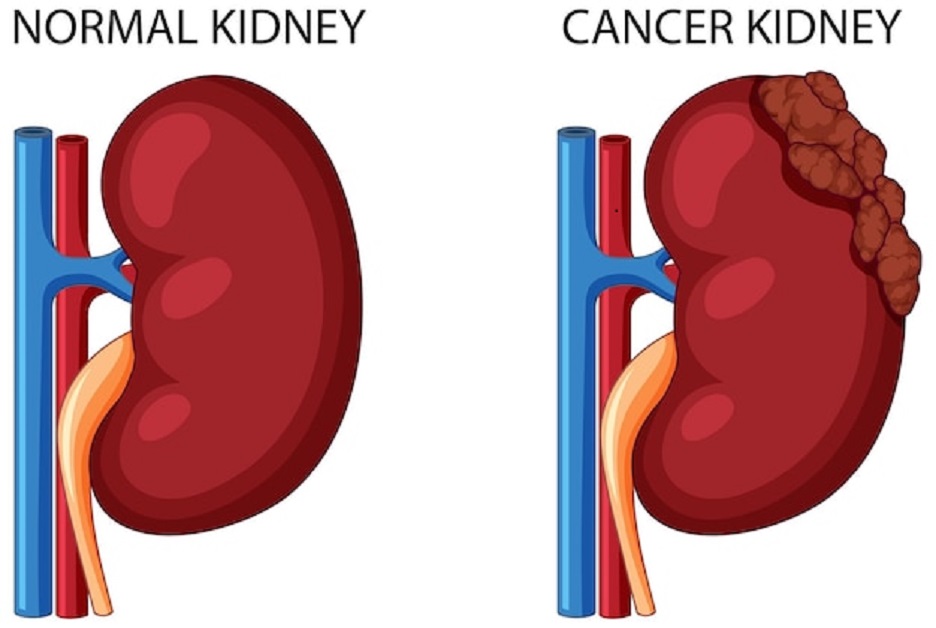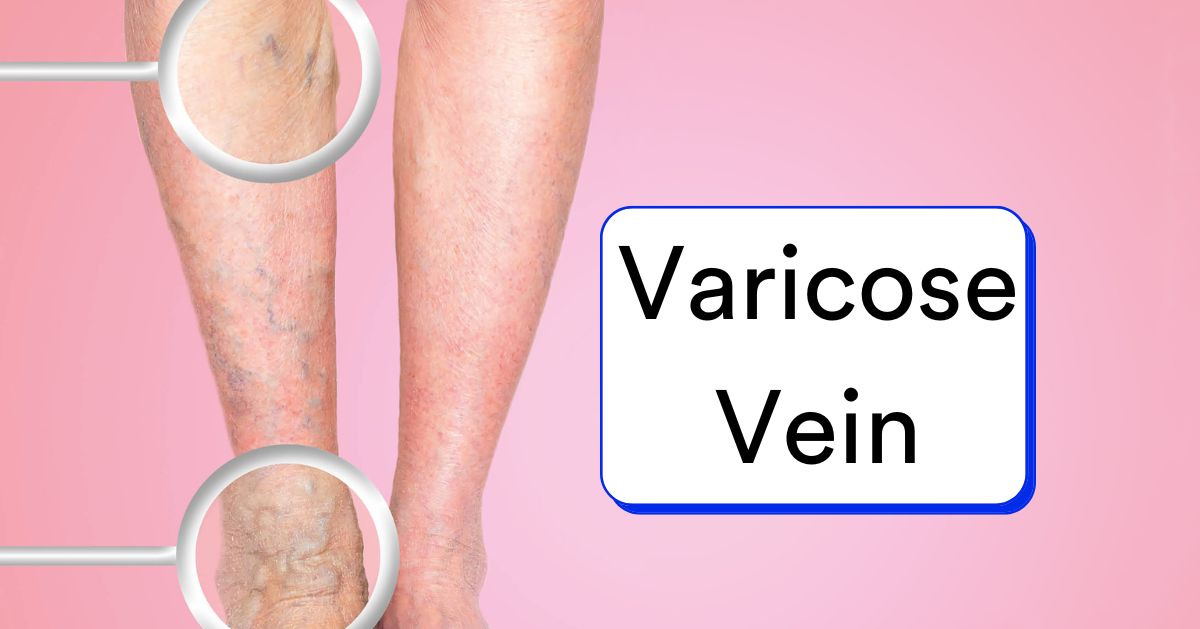Surgery to replace a diseased heart valve is known as heart valve surgery. Heart valve disease is characterised by the dysfunction of at least one of the four heart valves. Maintaining proper blood flow through the heart is the primary function of heart valves.
The mitral valve, tricuspid valve, pulmonary valve, and aortic valve are the four heart valves. Leaflets and cusps make up the leaflets and cusps of the mitral, tricuspid, and aortic valves, respectively. Each time the heart beats, these flaps should open and close. Blood flow through the heart to the rest of the body is disrupted by valves that don’t open or seal properly. Reach out to the Best Cardiothoracic surgeons in Coimbatore for the best valve treatment in the city.
Why is a valve replacement performed?
To treat heart valve problems, heart valve surgery is necessary. Heart valve disorders can be divided into two categories:
- One of the valves becomes smaller in diameter (stenosis)
- A valve leak that allows blood to flow in the opposite direction (regurgitation)
- If you have heart valve disease that affects your heart’s ability to pump blood, you may need heart valve surgery.
Patients with moderate or no symptoms of heart valve disease may be advised to undergo routine testing by their doctor. Changing one’s diet and using medication may help alleviate symptoms.
People without signs of heart valve disease may be given the go-ahead for surgery to replace the valves in their hearts. The repair or replacement of a heart valve may be performed concurrently with heart surgery for another reason. Reach out to the best Valve Replacement Surgery in Coimbatore to undergo advanced valve replacement treatment.
Signs that show in case you need a valve replacement:
One or more diseased heart valves necessitate surgery to repair or replace them.
The following signs and symptoms may occur if one or more of your heart valves are damaged or diseased:
- Dizziness
- Aches and pains in the chest
- Difficulties inhaling
- Palpitations
- Foot, ankle, or abdominal edema (inflammation) (belly)
- Weight growth that is excessively water-based
Your doctor may propose heart valve repair or heart valve replacement surgery for a variety of reasons.
There are two major types of heart valve replacement that may be involved in valve replacement:
Mechanical valve:
Some patients may hear a clicking sound from mechanical valves, which are constructed of carbon and metal, but others may not notice it at all. Their form is inspired by the valve leaflets found in nature. In young patients, they are the most common form of implant, and they normally last between 20 and 30 years without requiring additional surgery
Biological valve:
Cows and pigs are the most common sources of biological valves, which are known as bioprosthetic valves. Human donor valves are rarely used by doctors.
Biological valves typically survive 10 to 15 years, which means you may need another surgery in the future to replace the current one.
As a result, you won’t have to take a blood thinner if you’re taking one of them.
What does heart valve repair involve?
When a heart valve repair is an option, your doctor may advise you to take advantage of it because it protects the valve and keeps your heart healthy. Procedures to repair a heart valve include:
- Repairing a valve with a patch
- Valve flaps can be reconnected (leaflets or cusps)
- So that the leaflets or cusps can close tightly, the superfluous valve tissue is removed
- Repairing the structural support by replacing the valve’s support cables
- Valve flaps that have fused together can be separated
- Reinforcing or tightening the ring that surrounds the valve (annulus)
- A long, thin tube (catheter) with clips, plugs, or other devices may be used in some heart valve repair operations.
A catheter treatment known as balloon valvuloplasty may be used by doctors to correct a constricted valve opening. The best aortic valve replacement surgeon uses thin, flexible tubes called catheters to guide a balloon-tipped probe to a damaged valve in the arm or groyne.
The cardiac valve is widened by expanding the balloon. The balloon is subsequently deflated and the catheter and balloon are removed by doctors.
How is a heart valve replacement surgery performed?
Open-heart surgery is the most common operation, and it typically takes between two and four hours to complete.
To begin, you will be given medications to “put you to sleep” before the procedure begins. Then, your physician will say:
- Creates a space in your chest that is between 6 and 8 inches wide.
- Your breastbone will be exposed as a result.
- Your heart is stopped, and you are connected to a heart-lung machine that takes over the job of pumping blood through your body.
- Replaces the worn-out valve with a brand-new one after it is removed.
- Your heart will be restarted, and your chest will be closed.
You might be able to avoid traditional surgery altogether by opting for “minimally invasive” procedures in certain circumstances. You will have a smaller incision made in your chest, and there is a possibility that your breastbone will not be opened at all.
You can receive a procedure called transcatheter aortic valve replacement (TAVR), in which a thin tube is inserted into a small incision in your leg and then guided all the way up to your heart. This is one sort of operation. Your physician will insert the new valve with the use of that tube.
Even while it typically results in a shorter amount of time spent in the hospital, decreased levels of discomfort, and the possibility of a speedier recovery, minimally invasive surgery is not an option Following heart valve replacement surgery, your primary care physician will let you know when it is safe to resume normal activities.
You are going to be required to keep all of your follow-up appointments with the physician. In order to evaluate and keep track of your status, you might have to undergo a few different tests.
It’s possible that your doctor will suggest making some modifications to your lifestyle in order to maintain your heart health. Changes in lifestyle that are examples of heart-healthy choices include:
- Adopting a nutritious eating pattern
- Getting regular exercise
Taking steps to manage stress and avoiding cigarette usage for everyone. It is typically suggested for patients when open-heart surgery is deemed to be too dangerous for them. Your physician will advise you on which surgical procedure is most suitable for your needs.




